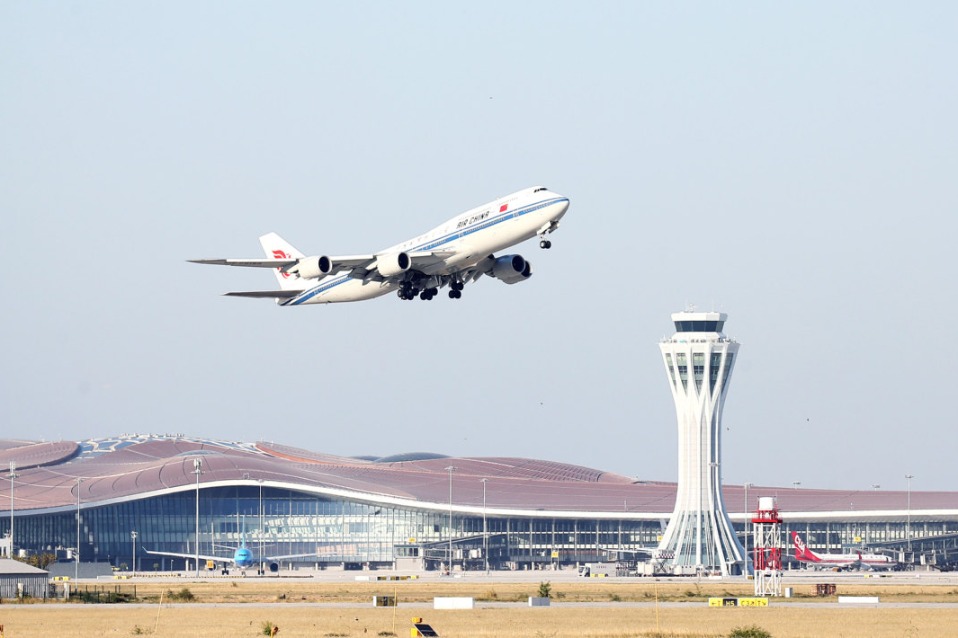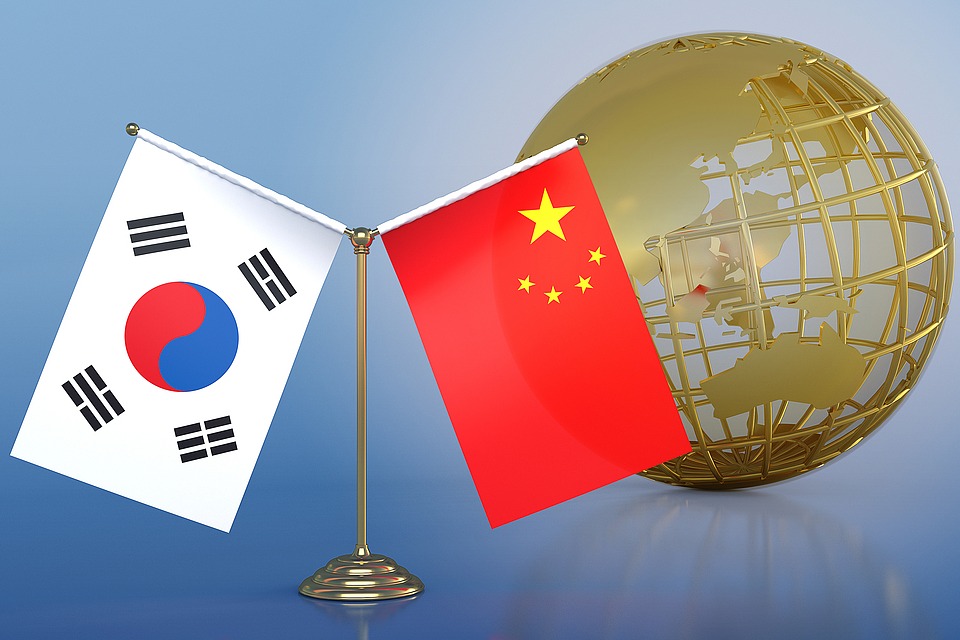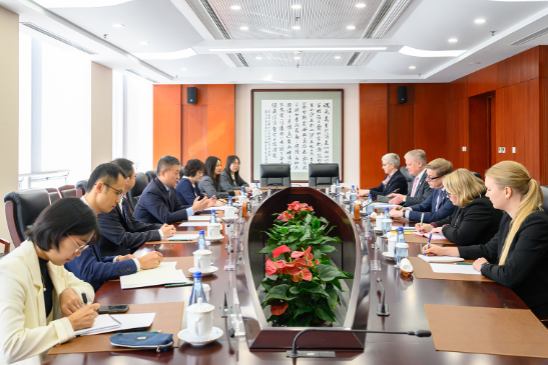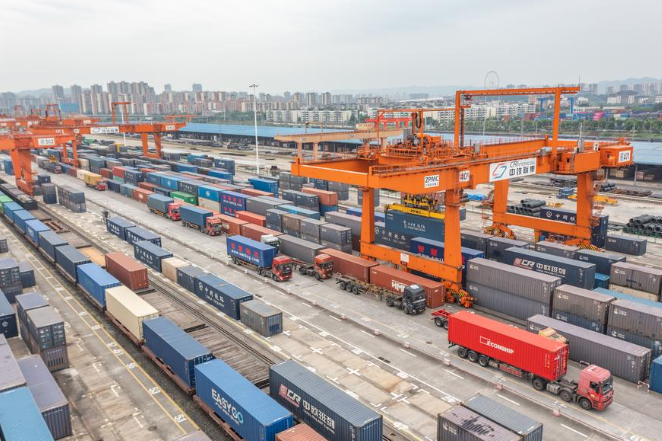Win-win globalization requires open borders


The border between Poland and Belarus, extending 375 kilometers, was closed from the night of Sept 9-10 by the Polish authorities and reopened on the night of Sept 23-24, effectively suspending much of the flow of China-Europe rail links in between.
The closure of the Polish-Belarusian border out of security concerns was apparently not aimed at Chinese economic interests, although it is obvious that it has harmed those interests, a fact that the Polish authorities are aware of. However, it cannot be ruled out that the decision was made hastily, without a comprehensive analysis of its economic consequences for both Poland and the other European Union countries to which a lot of goods imported from China reach by rail, and for China, which exports them to these markets.
Even if this decision was impulsive, it is true that its adoption resulted in a qualitatively new situation. Concern for Poland's security is crucial, especially in the context of the continuing tensions on the border with Belarus due to the ongoing, though recently much less intense than before, influx of undocumented immigrants. However, this did not require complete closure of the land border or the blocking of all road crossings, especially rail crossings.
Political arguments clearly prevail over economic ones, both in Poland and across the EU. Political arguments are clearly more important than economic ones in political debate and broader public discourse. This is also reflected in the statement by Polish Foreign Minister Radoslaw Sikorski after his meeting with his Chinese counterpart that "security comes at a cost". The problem is that the assumption that closing this section of the Polish eastern border increases security is, if not doubtful, at least highly questionable.
The political pressure the United States exerts on EU countries, including Poland, also plays a significant role. Even if the border closure was not consulted with Washington ex ante, there is no doubt that the US authorities welcomed it ex post, as it weakens economic cooperation between China and the EU and further complicates political relations between Beijing and Brussels.
Continued overseas Chinese economic activities require a peaceful environment and a more favorable geopolitical situation, which in turn depend on achieving peace in Eastern Europe and easing the tensions associated with the current tension among major powers. The economic progress and inclusive win-win globalization that China has pushed in recent decades will suffer setbacks without a positive resolution of the Ukraine syndrome. The temporary closure of the Polish-Belarusian border has been an element — and not a negligible one — of this syndrome.
Diplomatic efforts have been able to reach a pragmatic solution to reactivate road and rail transportation, which was sought not only by Chinese exporters, but also by businesses in the EU.
Trade in goods between the EU and China exceeds 740 billion euros ($859 billion) annually.
In 2024, China was the third-largest partner for EU exports of goods (8.3 percent) and the largest partner for EU imports of goods (21.3 percent).
The EU exported goods to China worth a total of 213.3 billion euros, while imports from China amounted to 517.8 billion euros, according to Eurostat data. As a result, the EU recorded a significant trade deficit of over 304 billion euros.
Goods traded between China and Europe and transported by rail account for 3.7 percent of commerce turnover. Thus, the suspension of Chinese rail exports through Belarus, while undoubtedly severe, has a limited impact on overall goods trade.
However, it is quite painful for producers and recipients of certain products and, of course, for the railway companies themselves.
The closure of the Belarus-Poland border has also caused economic losses for Polish businesses, which were unable to receive goods ordered in China on time and transported by rail and roads that transit through Belarus.
With the border blocked, only a negligible portion of these deliveries reached recipients through alternative routes going from Belarus via Lithuania to Poland.
If the border blockage would last longer, an increasing proportion of goods produced in China and destined for Europe could be transported via the southern rail route through Turkiye or the northern route by ship through the Arctic, which is becoming increasingly navigable due (unfortunately) to global warming.
In both cases, this would prolong transport time and increase its costs.
Such reorientation already takes place in part. Poland would like to be China's gateway to the European Union, but how can it be a gateway if it closes it, even for a moment?
So, although one country has closed a mere 375-km border with another, for security reasons, this fact has both geopolitical causes and consequences.
And although this border lies thousands of kilometers from China, it holds economic and political significance for the "Middle Kingdom".
The author is director of TIGER — Transformation, Integration and Globalization Economic Research — at Kozminski University in Warsaw, former deputy prime minister and minister of finance of Poland, and a distinguished scholar at the Belt and Road School at Beijing Normal University.
The views do not necessarily reflect those of China Daily.

































